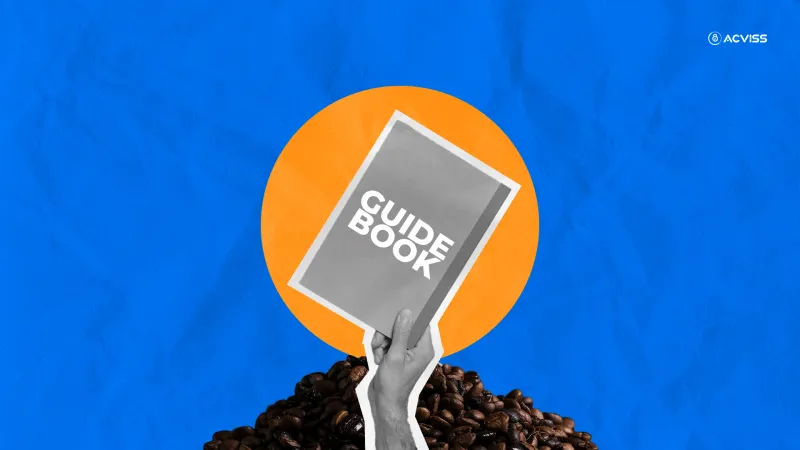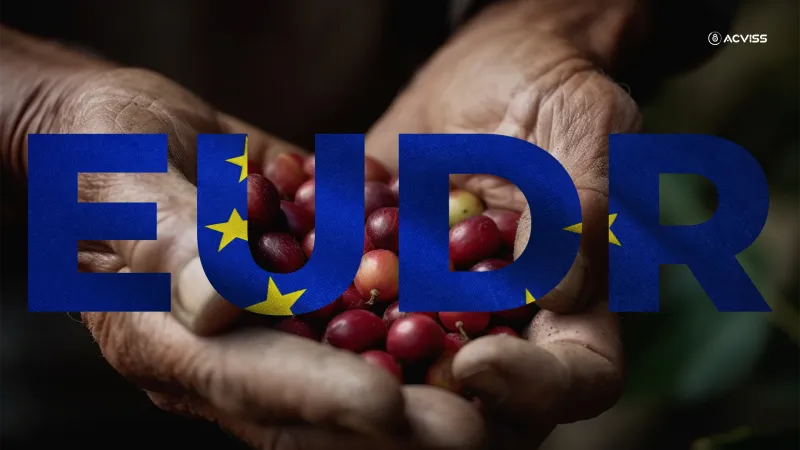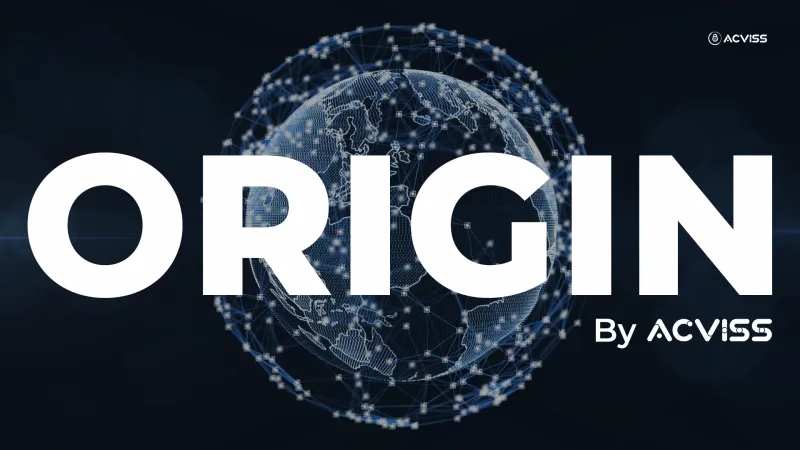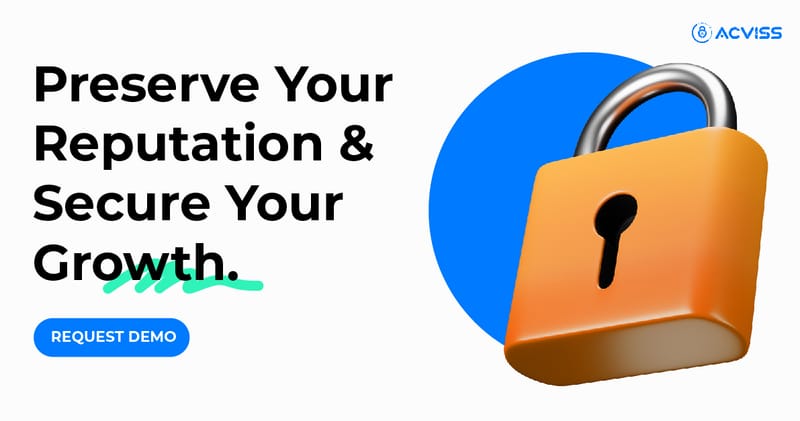EUDR: A Complete Guide for Coffee Beans Exporters

The European Union Deforestation Regulation (EUDR) aims to fight against deforestation and ensure that commodities entering the EU do not contribute to deforestation.
In 2022, the EU imported 2.54 million tonnes of coffee which was 31% of the global consumption of coffee. The EU is one of the largest markets for coffee. Each year, the EU imports 3 million tonnes of green coffee.
If you are a coffee exporter, you cannot lose out on such a big market. However, the EU Deforestation Regulations can be a challenge in the process. To maintain access to the European market it is essential to comply with EUDR. Failing leads to significant penalties and loss of market access.
One of the major factors in this will be to handle your supply chain efficiently. Here we will discuss what are the challenges a coffee exporter can face when exporting to Europe and their solutions.
Before we begin, here is a quick overview of exactly what EUDR is and why it is important for the coffee industry.
What is EUDR and Why is it Important for Coffee Exporters?
The European Union's Deforestation Regulation (EUDR) is an initiative to support the global fight against deforestation. It will be incorporated on December 30, 2024, and the rules will be applied for small decisions on June 30, 2025.
If you are operating in the EU markets complying with EUDR is mandatory. EUDR is applicable for businesses dealing in commodities like Coffee,Palm oil, Cattle, Soy, Cocoa, Timber, Rubber, or any product derived from these commodities such as leather, beef, furniture, chocolate, etc., and it applies to any quantity, large or small.
Any of the said commodities or derived products sourced from the deforested land after December 2020 are non-compliant with EUDR.
Thus, coffee exporters need to take major care of traceability. Deforestation due to coffee is one of the major concerns of EUDR regulation. Thus, a coffee exporter needs to track and trace all the information, documents and data that show the product is deforestation-free and legal. This will include information like geological coordinates, quantity, country of production, etc.
You can get the entire checklist of how not to get banned in Europe, Here.

Importance of Traceability in Coffee Exporting
- Ensuring Supply Chain Transparency: Traceability helps verify the origins of coffee beans, ensuring they are sourced responsibly.
- Benefits for Coffee Exporters: Improved market access, enhanced brand reputation, and customer trust.
- Examples of Effective Track and Trace Methods: Digital tracking systems, blockchain technology, and detailed record-keeping.
Steps to Comply with EUDR
Many rules and regulations have to be maintained while exporting coffee to the EU. Here is a guide for coffee exporters to comply with EUDR.
1. Documentation and Verification Requirements
- Maintain Detailed Records: Ensure comprehensive documentation of the entire supply chain, including the origin, handling and processing of coffee beans.
- Provide Proof of Deforestation-Free Sources: Secure certificates or statements from suppliers proving that coffee beans are sourced from areas not linked to deforestation.
2. Implementing Sustainable Practices
- Adopt Sustainable Farming Methods: Promote the use of environmentally friendly agricultural practices to minimize deforestation impacts.
- Encourage Agroforestry and Shade-Grown Coffee: Support coffee cultivation methods that integrate tree planting and forest conservation.
3. Regular Supplier Audits and Certifications
- Conduct Periodic Audits: Regularly audit suppliers to ensure adherence to sustainability and deforestation-free commitments.
- Obtain Necessary Certifications: Acquire certifications such as Rainforest Alliance, Fair Trade, or Organic, which emphasize sustainable and responsible sourcing.
4. Utilize Technology for Enhanced Traceability
- Implement Track and Trace Systems: Use advanced technologies like blockchain for secure and transparent tracking of coffee beans from origin to final product.
- Use Real-Time Monitoring Tools: Employ satellite imagery and mobile apps to monitor and report on the supply chain in real time.
Challenges and Solutions
While the challenges to implementing EUDR for coffee exporters are many, one major challenge is traceability.
In order to comply with EUDR regulations, coffee exporters are required to have complete control over traceability. A coffee exporter must track and trace each and every step in the supply chain right from:
- Tracking the land in which the coffee was produced,
- How it was stored
- How it was transported from the farm to the warehouse and from the warehouse to customs.
Documents and proper records are required to get the approval.
Tracking and maintaining such records can be next to impossible if done manually. The only possible solution to this is technology.
Here’s the solution:
Leveraging technology for EUDR compliance

Technology can play a major role in enhancing the traceability of the entire supply chain.
Some things that need to be taken care of while choosing the tech are:
- Data management: Make sure the tech you use for traceability in your coffee export supply chain provides and manages end-to-end data records of the most crucial part of the entire process.
- Real-time tracking: Your regular software won't work here. Technologies that provide real-time tracking in the client's hand should ensure every regulation is fulfilled.
- Transparency and brand protection: Technologies can be tampered with along the way. Look for a solution like Blockchain that enables complete transparency and zero possibility of getting tampered with.
Origin by Acviss is a blockchain-based track and trace solution designed to provide complete visibility and security throughout the supply chain. Origin helps monitor every stage of the supply chain of coffee exporters from farm to cup of coffee and ensures authenticity and transparency. The track and trace system enhances supply chain integrity, supports sustainability efforts and protects against counterfeiting.
What Next?
Navigating EUDR compliance may seem daunting, but with the right approach and tools, it’s easy. Stay proactive in implementing sustainable practices and ensure thorough traceability in your supply chain. Remember, technology can be your ally—Origin by Acviss offers strong track-and-trace capabilities that simplify compliance and protect your brand. Stay ahead of the curve, embrace innovation, and watch your business thrive in the European market.
If you have any queries regarding Origin or EUDR, feel free to reach out to us!
